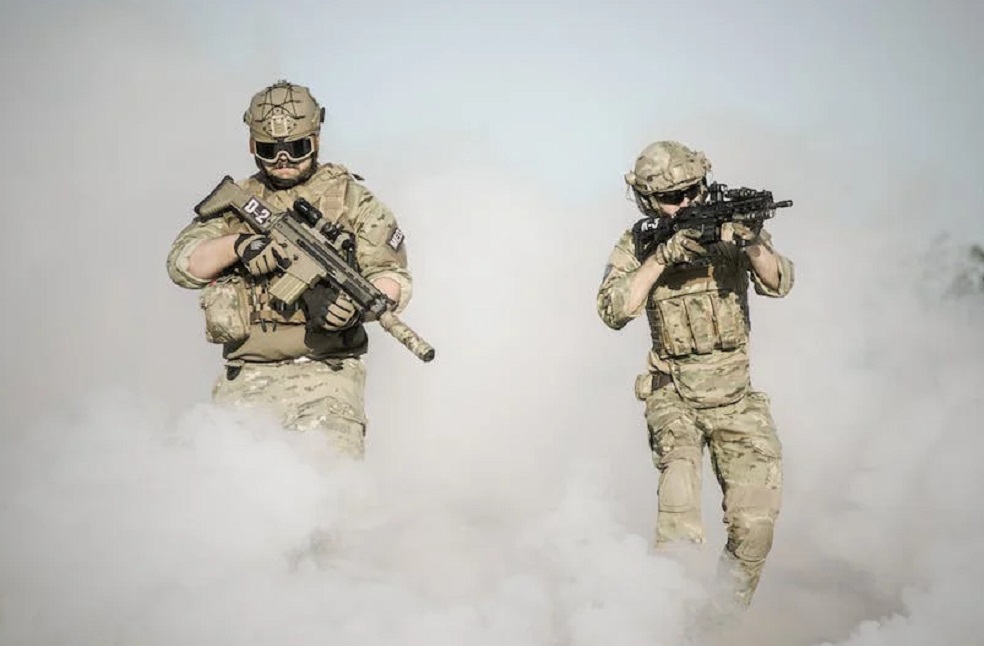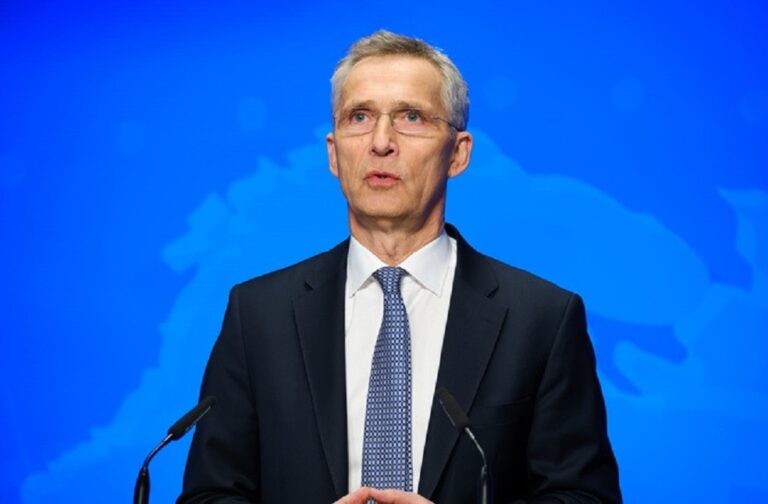Russia: NATO Secretary-General Mr. Jens Stoltenberg has stated that the Western military alliance is ready to defend itself against any threat posed by the move of Russia’s Wagner mercenary force to Belarus amid fears the relocation of the private army could create instability for NATO’s Eastern European members.
Wagner boss Mr. Yevgeny Prigozhin was reported to have arrived in Belarus under a deal negotiated by Belarusian President Alexander Lukashenko, which narrowly prevented the mercenaries from marching on Moscow on Saturday after the private army mutinied against Russia’s military leaders.
“If Wagner deploys its serial killers in Belarus, all neighbouring countries face an even bigger danger of instability,” Lithuanian President Gitanas Nauseda stated after a meeting in The Hague with NATO’s Stoltenberg and government leaders from six other NATO allies.
Polish President Andrzej Duda said he hoped the threat posed by Wagner mercenaries to NATO would be on the agenda at a summit of all 31 members in Vilnius, Lithuania, on July 11–12.

NATO’s Mr. Stoltenberg stated that it was too early to say what the Wagner presence in Belarus could mean for NATO allies, but that the military alliance would protect “every ally, every inch of NATO territory” against threats from either “Moscow or Minsk”.
“We have already increased our military presence in the eastern part of the alliance, and we will make further decisions to further strengthen our collective defence with more high-readiness forces and more capabilities at the upcoming summit,” Mr. Stoltenberg added.
Amid the fallout from Prigozhin’s mutiny against Moscow, Russian President Vladimir Putin’s supporters have insisted his rule has not been weakened by the revolt and that Russian officials have been trying to put the crisis behind them, with the FSB intelligence service dropping all criminal charges against Wagner fighters.
Mr. Putin has also attempted to shore up his authority by thanking regular Russian troops for what he described as averting a civil war and has portrayed events over the weekend as a sort of victory for the Russian army.



